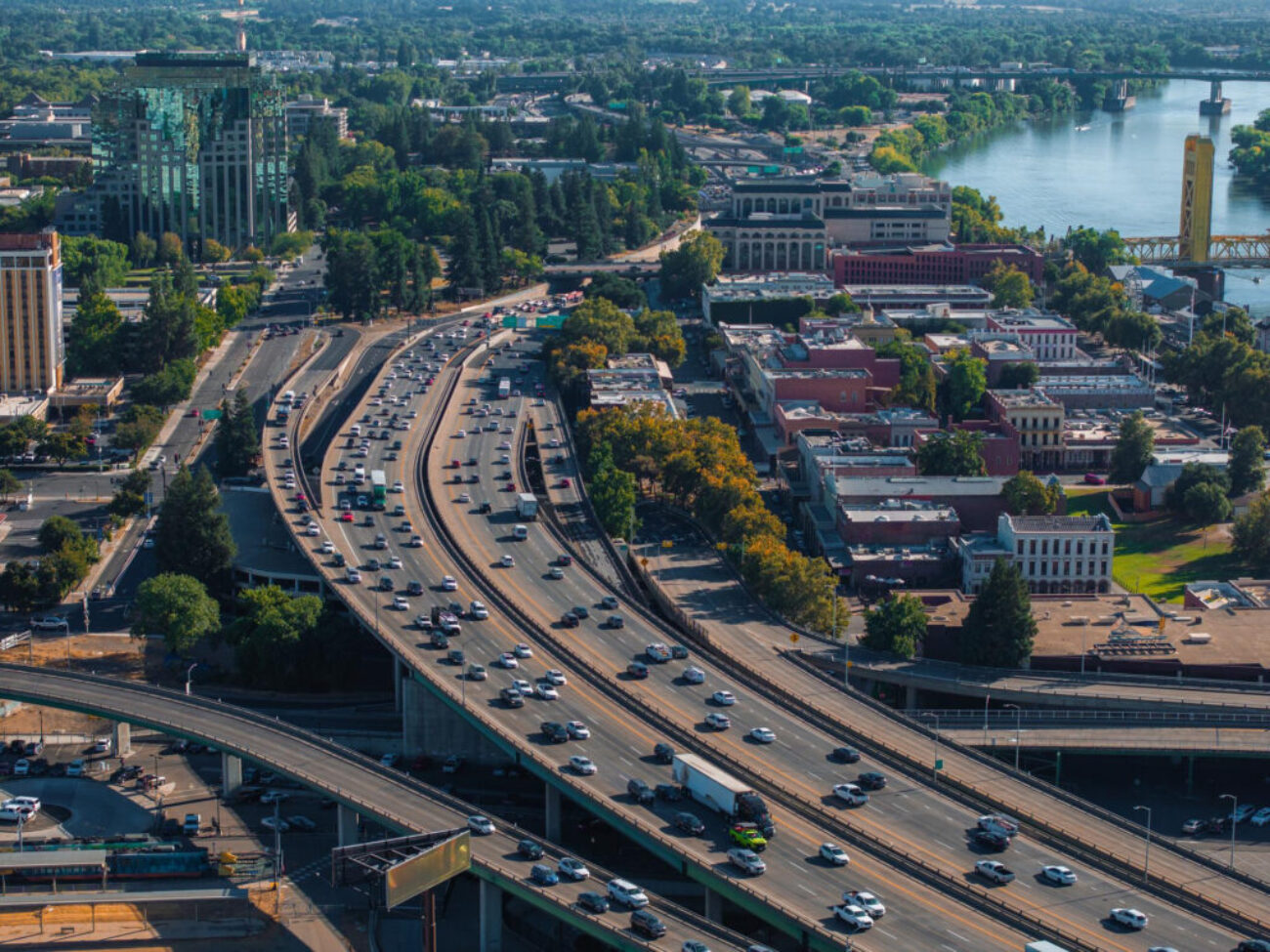Pool Service Jacksonville – Jacksonville’s City Infrastructure: Roads, Congestion, and the Rise of Home Pools
Jacksonville, Florida, with its sprawling urban landscape and intricate waterways, presents a unique case study in urban planning and infrastructure management. Known for being the largest city by area in the contiguous United States, Jacksonville's city infrastructure is a complex tapestry of roads, bridges, and neighborhoods. This article delves into the intricacies of Jacksonville’s roading system, the challenges posed by congestion, and an unexpected trend—the rise of pools in residential properties, which interlinks with the city's infrastructural narrative.
The Road System of Jacksonville: An Overview
Jacksonville's road system is a blend of modern highways, historic streets, and expansive suburban networks. The city's extensive size necessitates a comprehensive and well-maintained road network to connect its diverse neighborhoods and accommodate the needs of its residents and businesses.
Major Highways and Bridges
The city is serviced by several major highways, including Interstates 95, 10, and 295, which form critical north-south and east-west corridors. These highways not only facilitate intra-city travel but also connect Jacksonville to other major cities in Florida and beyond. Interstate 295, the beltway loop, is particularly significant as it encircles the city, providing a bypass for through traffic and an alternative route to avoid downtown congestion.
Bridges play a crucial role in Jacksonville's infrastructure, given the prominence of the St. Johns River, which bisects the city. Notable bridges such as the Dames Point Bridge, the Main Street Bridge, and the Acosta Bridge enable seamless east-west travel and are vital for daily commutes and commercial transportation.
Arterial and Local Roads
Beyond the highways, Jacksonville's arterial roads, such as Atlantic Boulevard, Beach Boulevard, and San Jose Boulevard, are essential for connecting the city's suburbs with the downtown core. These roads handle a significant volume of traffic and are critical for local commerce and daily commutes.
Local roads within neighborhoods are equally important, providing access to homes, schools, parks, and businesses. Jacksonville's suburban expansion has led to the development of numerous residential areas, each with its network of local roads that feed into the broader arterial system.
Congestion Challenges
Despite the extensive network of roads, Jacksonville faces significant congestion challenges, particularly during peak hours. The city's layout, demographic trends, and economic growth contribute to these issues.
Population Growth and Urban Sprawl
Jacksonville has experienced steady population growth, attracting new residents with its affordable housing, job opportunities, and quality of life. This growth, while beneficial in many respects, has led to increased demand on the city's road infrastructure. The suburban sprawl, characterized by low-density housing developments, necessitates extensive car travel, as many residents commute to work, schools, and shopping centers.
Commuter Traffic and Bottlenecks
Commuter traffic is a major contributor to congestion. Key bottlenecks, such as the intersections at Interstate 95 and Butler Boulevard, and the downtown exits on Interstate 95, often see heavy traffic during morning and evening rush hours. The high dependency on cars, coupled with limited public transportation options, exacerbates these congestion issues.
Seasonal and Event-Driven Traffic
Jacksonville's status as a regional cultural and sporting hub also impacts traffic patterns. Events such as Jacksonville Jaguars football games, the Florida-Georgia college football game, and the annual Jacksonville Jazz Festival draw large crowds, leading to temporary spikes in traffic congestion. Seasonal tourism, particularly in the summer months, further strains the road network, as visitors flock to Jacksonville's beaches and other attractions.
Mitigation Efforts and Future Plans
The city has implemented several strategies to address congestion and improve traffic flow. These efforts include road widening projects, the construction of new interchanges, and the deployment of intelligent transportation systems (ITS) to monitor and manage traffic in real-time.
Road Improvements and Expansions
Recent and ongoing projects aim to expand capacity on critical roadways. The Interstate 95 and Interstate 295 interchange improvement project, for instance, seeks to alleviate congestion by adding lanes and enhancing traffic flow. Similarly, the expansion of Butler Boulevard has eased east-west travel across the city.
Public Transportation Initiatives
While Jacksonville's public transportation system is limited compared to other major cities, there have been efforts to enhance its efficacy. The Jacksonville Transportation Authority (JTA) has introduced bus rapid transit (BRT) lines and plans for a skyway expansion to provide more reliable and efficient transit options. Increasing the availability and attractiveness of public transportation is crucial for reducing car dependency and alleviating road congestion.
Technological Innovations
The adoption of ITS, including traffic cameras, electronic message boards, and synchronized traffic signals, has improved the city's ability to manage traffic dynamically. These technologies help reduce delays, improve safety, and provide real-time information to drivers.
The Surprising Connection: The Rise of Pools in Residential Properties
An unexpected yet fascinating aspect of Jacksonville's urban infrastructure is the proliferation of pools in residential properties. This trend, seemingly unconnected to roads and congestion, reveals deeper insights into the city's lifestyle, climate, and urban planning dynamics.
Climate and Lifestyle Factors
Jacksonville's warm climate makes pools a desirable feature for many homeowners. The hot and humid summers, with temperatures frequently exceeding 90 degrees Fahrenheit, drive the demand for private pools as a means of staying cool and enjoying outdoor living. Pools serve as social hubs for families and communities, providing a space for recreation, relaxation, and exercise.
This rise in residential pools has created a significant demand for professional pool maintenance services. To ensure your pool remains in pristine condition throughout the year, consider contracting Pool Service Jacksonville. Our expert team provides comprehensive pool care, including scrubbing tiles, cleaning the bottom, and balancing chemicals, ensuring your pool is always ready for a refreshing swim.
Urban Sprawl and Housing Trends
The suburban nature of Jacksonville's development has facilitated the inclusion of pools in residential properties. Unlike densely packed urban areas where space is limited, Jacksonville's suburban neighborhoods often feature larger lots, allowing homeowners the luxury of adding pools. This trend is particularly evident in newer developments, where homes are designed with modern amenities, including pools, to attract buyers.
For homeowners looking to enhance their pool's aesthetic and maintain its value, expert pool care is essential. With services like brushing the walls and skimming the surface, Pool Service Jacksonville ensures your pool stays clean and inviting, making it a standout feature of your home.
Economic Considerations
From an economic perspective, the rise of pools can be linked to Jacksonville's real estate market. Homes with pools often command higher prices and are viewed as more attractive to potential buyers. This has led developers and homeowners to invest in pool installations as a way to increase property value and marketability.
To maximize the return on your investment, regular maintenance is crucial. Professional pool services help maintain the quality and appearance of your pool, protecting your investment and ensuring it remains a key selling point for your property.
Infrastructure Implications
While the proliferation of pools might seem peripheral to the broader issues of urban infrastructure, it does have implications. For instance, the increased demand for water to fill and maintain pools can strain local water resources, particularly during dry periods. Additionally, pools require energy for heating, filtering, and lighting, contributing to the overall energy consumption of the city.
Address these concerns with eco-friendly solutions from Pool Service Jacksonville. Our team uses sustainable practices and high-quality products to minimize environmental impact while keeping your pool in top condition.
Integrating Infrastructure and Lifestyle: A Holistic Approach
The interconnectedness of Jacksonville's infrastructure, congestion challenges, and residential trends highlights the need for a holistic approach to urban planning. Addressing congestion requires not only improving road capacity and public transportation but also considering how lifestyle choices, like the preference for suburban living and home amenities, impact overall infrastructure demands.
Smart Growth Strategies
Implementing smart growth strategies can help manage urban sprawl and reduce congestion. Encouraging higher-density developments, mixed-use zoning, and walkable neighborhoods can decrease car dependency and promote more sustainable urban growth. By aligning housing development with transportation planning, the city can create more efficient and livable communities.
Enhancing Public Amenities
Investing in public amenities, such as parks, community pools, and recreational facilities, can provide alternatives to private pools and enhance the quality of life. These public spaces can serve as social and recreational hubs, reducing the need for each household to have its own pool and promoting community interaction.
Sustainable Infrastructure
Sustainable infrastructure practices, such as water conservation measures and renewable energy solutions, can mitigate the environmental impact of pools and other amenities. Encouraging the use of solar heating for pools, implementing rainwater harvesting systems, and promoting energy-efficient technologies are steps towards a more sustainable infrastructure.
To further enhance your pool’s efficiency and sustainability, consider contracting Pool Service Jacksonville. Our advanced technology and certified professionals ensure your pool is maintained using the latest eco-friendly practices.
Conclusion
Jacksonville's city infrastructure, characterized by its extensive road network and congestion challenges, is a dynamic and evolving landscape. The rise of pools in residential properties, while seemingly a lifestyle choice, interplays with broader urban planning and infrastructure considerations. By adopting a holistic approach that integrates transportation planning, sustainable development, and community amenities, Jacksonville can navigate its growth challenges and enhance the quality of life for its residents.
As the city continues to expand and evolve, the lessons learned from its unique infrastructure and lifestyle trends will be invaluable in shaping a resilient and vibrant urban future. For homeowners looking to keep their pools in top condition amid these changes, [Pool Service Jacksonville](https://pool-service
-jacksonville.com/) offers the expertise and quality care needed to maintain a pristine and inviting pool environment.
Don't miss out on our limited-time offer of 50% off your first month of pool cleaning services! Contact Pool Service Jacksonville at 904-643-3710 and ensure your pool is always ready for a refreshing swim.



